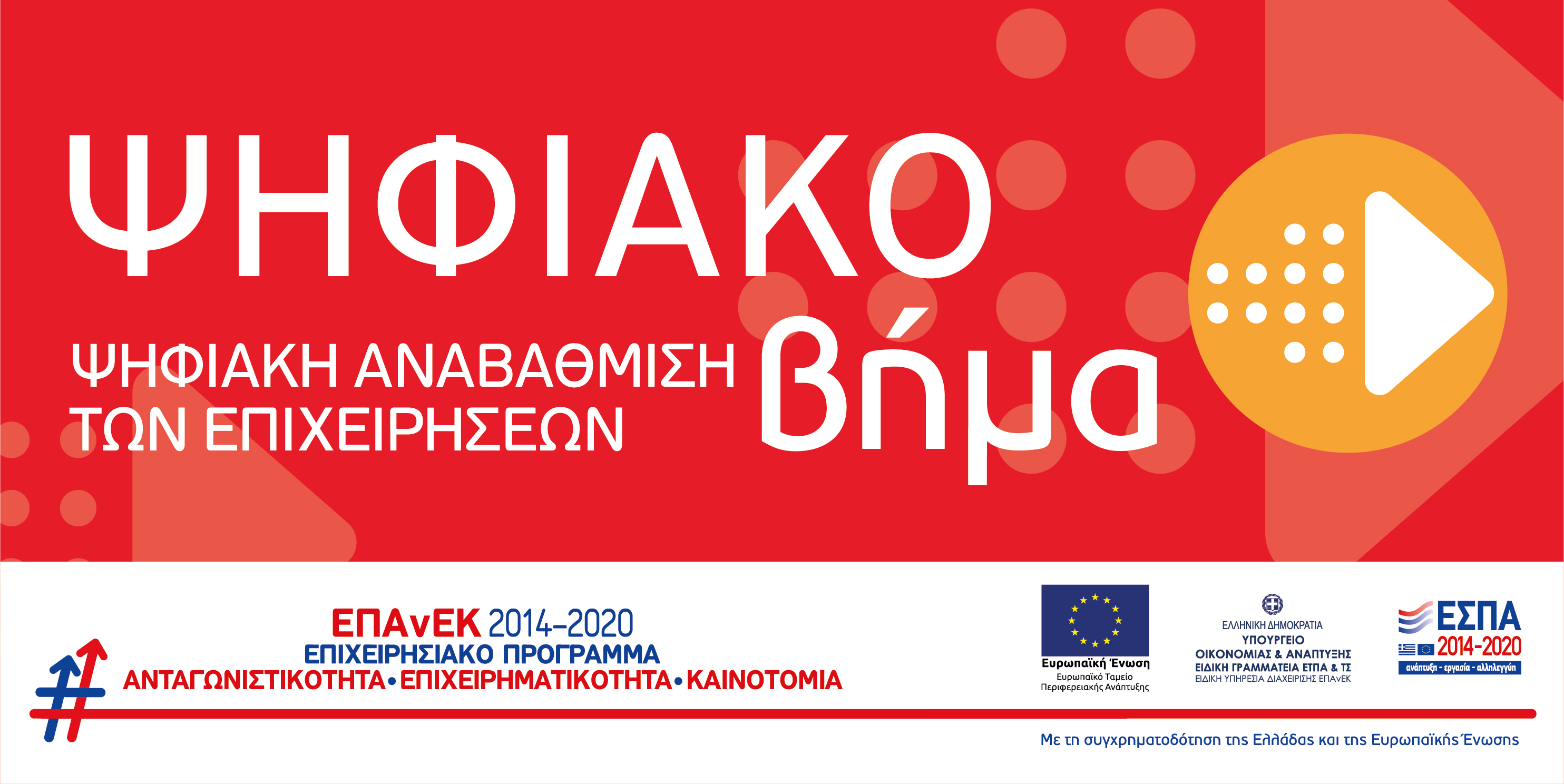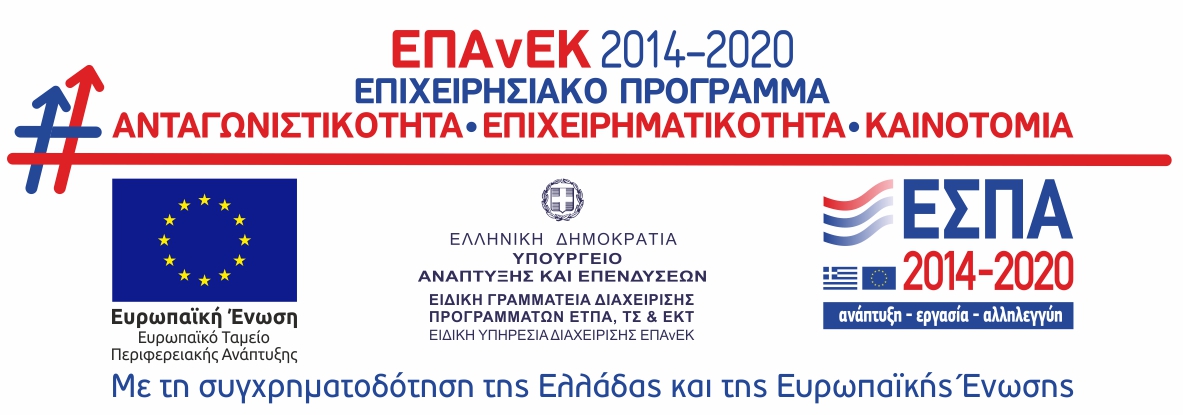-
SPECIAL PROGRAMS OF CARDIAGIAL PREVENTION AND HEALTHY LIFE
Cardiovascular prevention programs are a pioneering way to monitor and modify cardiovascular risk factors that predict the risk of a heart attack and other cardiovascular disease in 10 years and suggest appropriate lifestyle modification to reduce measurable risk.They are inspired by the corresponding programs "Life's simple seven" of the American College Of Cardiology and "Heart Score" of the European Society of Cardiology. They are a very important intervention in the effort to improve your health and contribute to the promotion of the pioneering of our practice.
While most medical interventions are mainly concerned with treating the effects of the disease, little attention is paid to lifestyle changes, which are responsible for a large percentage of diseases, the importance of which tends to be underestimated because interventions are usually difficult and require a strong dose of self-discipline. . We want our programs to succeed in this important change.
The programs are structured in parallel with the visits you make to our practice and are given at almost zero cost (you are only charged with the minimum operating cost of some machines when their use is required), being a prominent social offer of the practice and a substantial contribution to protecting cardiovascular health. .
The programs include:
-Measurements of all heart markers and calculation of cardiovascular risk
-Assessment of all major cardiovascular risk factors (Blood pressure, Sugar, Cholesterol) and the parameters that affect them.
-Weight measurements, fat measurement and body composition assessment.
-Free nutrition counseling to achieve the goals and, if desired, provision of special personalized diets and monitoring at exceptional prices.
-Measurement of the tibial index for the assessment of peripheral vascular disease.
-Assessment of sleep quality and investigation of sleep apnea.
-Risk assessment from tobacco use and supply of smoking cessation programs.
-Monitoring physical activity and assessing physical fitness.
-Estimation of indicators of social and mental satisfaction.
-Assess all the interventions that need to be made in order to effectively reduce cardiovascular risk and active support, according to your wishes.
-Complete medical prevention counseling, to assess the overall necessary screening that you should have done, according to your age.
Get to know your heart. Live better!
Adjust your blood pressure
High blood pressure is a major risk factor for heart disease and stroke. If your blood pressure is within normal limits, your blood pressure, arteries and kidneys will drop and you will stay healthy. Learn how to regulate your blood pressure.
Check your cholesterol
High cholesterol is responsible for the formation of atherosclerotic plaque, which can clog arteries and lead to heart disease and stroke. When you control your cholesterol, you allow your arteries to stay open and clean. Learn how to control your cholesterol.
Reduce blood sugar
Most of the food we eat is converted into glucose (or blood sugar) that our bodies use for energy. Over time, high blood sugar can damage your heart, kidneys, eyes and nerves. Learn how to lower your blood sugar.
Increase your physical activity
An active life is one of the best gifts you can give yourself and those you love. Simply put, daily physical activity increases the duration and quality of your life. Learn how to increase your physical activity.
Improve your diet
A healthy diet is one of the best weapons to fight cardiovascular disease. When you eat healthy, you improve your chances of getting sick and feeling better! Learn how to improve your diet.
Lose weight
If you eliminate excess fat and excess weight, you reduce the burden on the heart, lungs, blood vessels and skeleton. Make yourself the gift of an active life, lower your blood pressure and help yourself feel better. Learn how to lose or manage weight.
Stop smoking
Smokers have a higher risk of developing cardiovascular disease. If you smoke, quitting smoking is the best thing you can do for your health. Learn how to quit smoking.
Small interventions give years of life!





